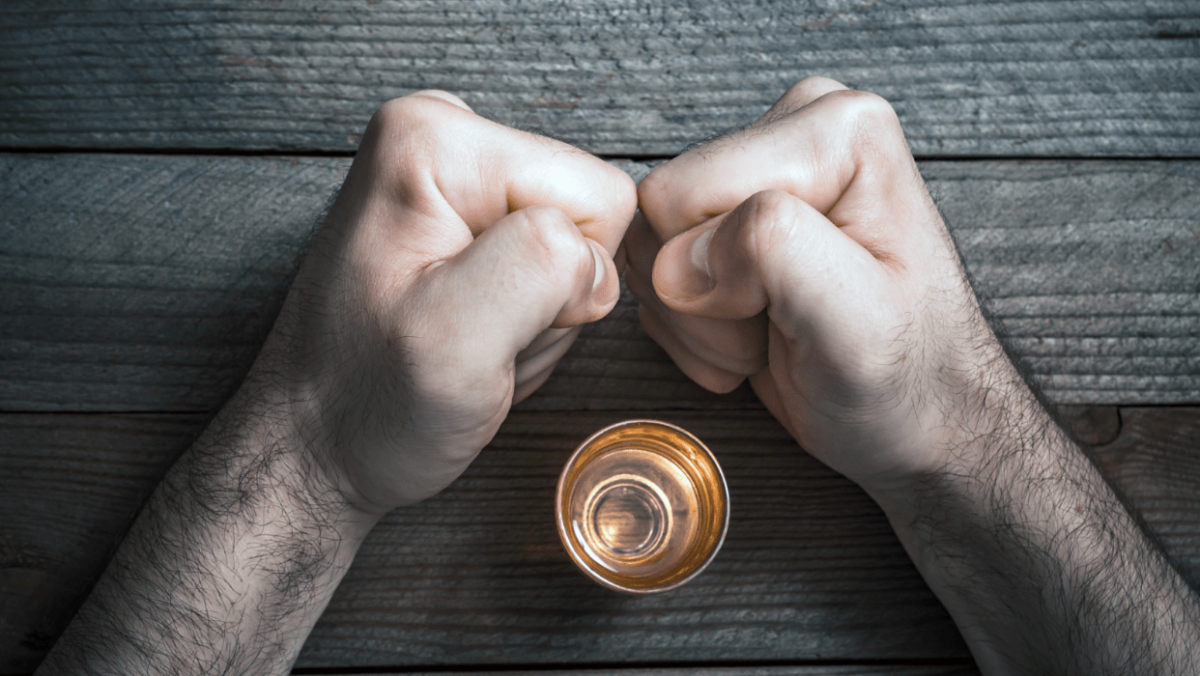Cravings can be one of the most challenging aspects of addiction recovery. They can arise suddenly and be difficult to manage, but with the right addiction treatment strategies, you can overcome them and stay on the path to sobriety.
- Identify Triggers
Understanding what triggers your cravings is crucial for managing them effectively. Triggers can be people, places, emotions, or situations that remind you of substance use. Keep a journal to track when and where your cravings occur and identify any patterns. Once you know your triggers, you can develop strategies to avoid or cope with them.
- Practice Mindfulness
Mindfulness involves staying present and fully engaged in the current moment. Practicing mindfulness can help you manage cravings by allowing you to observe your thoughts and feelings without judgment. Techniques such as deep breathing, meditation, and progressive muscle relaxation can reduce stress and help you stay focused on your recovery goals.
- Develop Healthy Distractions
Engaging in healthy distractions can help you manage cravings by keeping your mind occupied and away from thoughts of substance use. Find activities that you enjoy and can easily turn to when cravings strike, such as reading, exercising, cooking, or working on a hobby. Having a list of go-to distractions can make it easier to stay on track.
- Build a Strong Support Network
A strong support network is crucial for managing cravings. Surround yourself with supportive friends, family, and peers who understand your journey and can provide encouragement and accountability. Regularly attending support group meetings, such as Alcoholics Anonymous (AA) or Narcotics Anonymous (NA), can also offer valuable peer support and a sense of community.
- Use Coping Statements
Coping statements are positive affirmations or reminders that can help you stay motivated and focused during cravings. Examples include “This feeling will pass,” “I am stronger than my cravings,” or “I am committed to my recovery.” Repeating these statements to yourself can help reinforce your determination and resilience.
- Stay Physically Active
Exercise is a powerful tool for managing cravings. Physical activity releases endorphins, which improve mood and reduce stress. Regular exercise can help you feel better physically and mentally, making it easier to resist cravings. Find an activity you enjoy, whether it’s walking, running, swimming, or practicing yoga, and make it a regular part of your routine.
- Create a Relapse Prevention Plan
Having a relapse prevention plan in place can help you manage cravings and stay committed to your recovery. This plan should include strategies for avoiding triggers, coping with stress, and seeking support when needed. Review and update your plan regularly to ensure it remains effective and relevant to your current situation.
- Eat a Balanced Diet
Proper nutrition can play a significant role in managing cravings. A balanced diet helps stabilize your blood sugar levels and provides the energy you need to stay focused and motivated. Avoid excessive sugar and processed foods, and opt for whole grains, lean proteins, fruits, and vegetables. Staying hydrated is also important for maintaining overall health and well-being.














